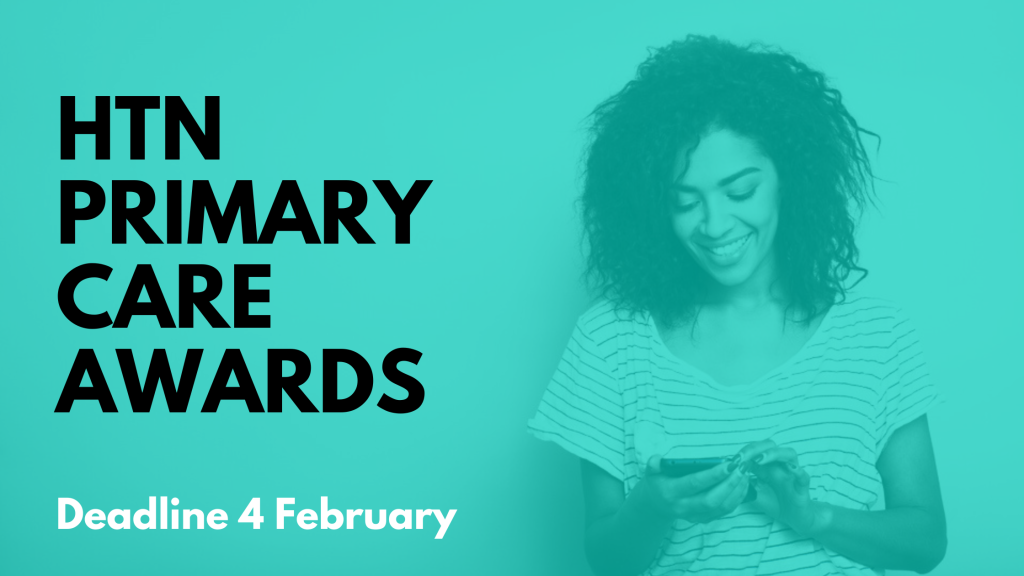University College London has launched a partnership with YouTube Health, designed to improve access and quality of mental health information on the site for young people in particular.
The university reports high demand for mental health content through YouTube, heightening a “crucial” need for content to be accurate and evidence-based.
The collaboration aims to train more than 100 clinical academic staff in creating their own content with the view to develop a “clinical creators network” at UCL. This network will share their expertise and promote the latest research findings for those seeking mental health information online.
UCL has also shared plans to introduce teaching materials around creating content for YouTube for its students, “to equip the next generation of clinical creators”.
Enhancing access to mental health resources with support from digital
Last month, HTN reported on the expansion of the NHS 111 service to include a 24/7 “full package” of mental health crisis support, which aims to enable those in crisis or their families the opportunity to access support from a trained mental health professional at any time.
Improving access to mental health support also took centre stage in Oxfordshire, where Oxford Health NHS Foundation Trust published a prior information notice signalling their intent to create a framework for the provision of online and digital mental health assessments, treatments and therapies across the region, with an estimated value of up to £35 million.
Earlier in the summer, HTN also hosted a webinar exploring good practice around implementing digital healthcare solutions, which highlighted the potential benefits of features such as peer-to-peer support in the design of a platform for mental health, and the need to offer “a safe place for asking for and receiving support”.
Digital and tech in enhancing access to health services
HTN has also covered news from across the NHS on the use of digital and technology in enhancing access to health services, including the publication of an update from the NHS Greater Manchester Board on positive progress made around its primary care blueprint and adoption of the modern general practice access model.
Elsewhere, South London Listens recently published a report highlighting the role of digital in driving change to tackle health inequalities.
And in North West London, the ICS shared insight into activities around local community engagement including data on digital reach and health survey responses.






